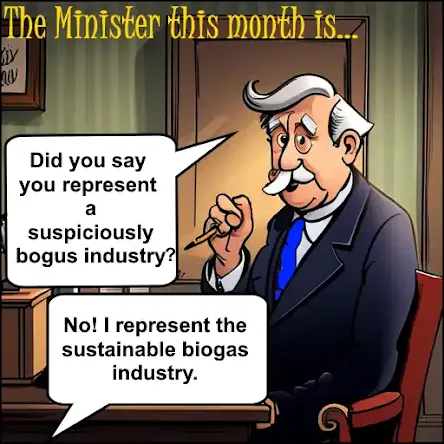SCROLL TO THE BOTTOM FOR OUR UPDATE ON UK FiTs and the RHI.
Call for more detail on renewables incentives
Scottish finance secretary John Swinney has called for more information on Scottish Government access to the £190 million Fossil Fuel Levy
The government has been urged to set out details of its plans for renewable energy incentive schemes in order to provide investor confidence.
This has come as more trade bodies have joined in the celebration of Chancellor George Osborne's announcement that the government will fund a Renewable Heat Incentive and will not amend Feed-in Tariffs until 2013 (see this NewEnergyFocus.com story <link no longer available>).
However, while the Spending Review has been fairly widely accepted by the renewables industry, it has now stressed the need for more information to come quickly so that projects can move forward.
Cathy Debenham, director of community energy forum YouGen, said: "Given that our recent poll found that 85% of people are holding back on installing renewable heat at home due to uncertainty about the renewable heat incentive, this announcement is good news. However, it does not go far enough.
"Until we know more detail people still won't have confidence to invest, and installers will continue to be in limbo. I urge the government to release its response to the consultation as soon as possible so that consumers, industry and investors have clarity and the confidence to move forward."
She added that a rumour has been circulating that the microgeneration end of the RHI may be cut.
Also awaiting more surety on the scale of the RHI, Lord Redesdale, chairman of the Anaerobic Digestion and Biogas Association (ADBA), called for the government to prioritise AD.
He said: "Making a commitment of £860 million for the RHI is a major step forward. The most effective use of government incentives is to promote the production of biomethane through anaerobic digestion: "Unlike many other renewable technologies, anaerobic digestion can help meet a wide variety of targets, including renewable energy, climate change and resource preservation. It can also scale up quickly at relatively little cost."
Elsewhere, the microgeneration sector welcomed the news that FiTs are unlikely to be reviewed and amended until 2013, as was scheduled. However, the chief executive of the Micropower Council, Dave Sowden, added that it is important to have sufficient notice of changes to give investors confidence in the stability of the regulatory framework.
He said: "The reductions are of course going to be challenging, but they are sufficiently far into the future that the industry has time to plan for them and assist the government in constructive policy proposals to bear some of the burden.
"The most important thing is to give sufficient notice for customers and investors to remain confident in the stability of the regulatory framework. This is a good day for our industry, its investors, and its customers."
Looking at how the Spending Review announcements will affect the Scottish renewables sector, the Scottish Government and trade body Scottish Renewables welcomed many of the measures.
Scottish finance secretary, John Swinney, said:
"There are elements in today's statement that we welcome. I note the Chancellor's words to support clean energy and renewables."
However, he claimed that there were major questions about how and when the proposed Green Investment Bank would operate.
And, the Scottish Government has also called for answers about what exactly the Treasury is proposing regarding Scottish Government access to the £190 million Fossil Fuel Levy, and how it can be used to directly support the renewables sector.
Following on with this issue, Niall Stuart, chief executive of Scottish Renewables, added:
View today's news articles here"We're still working through the details, but the fact that any money drawn down by Scottish ministers from the Fossil Fuel Levy fund will continue to result in a corresponding deduction from Departmental Expenditure Limit means that it is not yet clear if the Scottish Government will be able to increase its spending on renewables at this critical time in the industry's development."
UPDATE (June 2024):
UK Feed-in Tariffs (FITs) and Renewable Heat Incentive (RHI): An Update
Here's a breakdown of the UK government's Feed-in Tariffs (FITs) and Renewable Heat Incentive (RHI):





















0 Comments